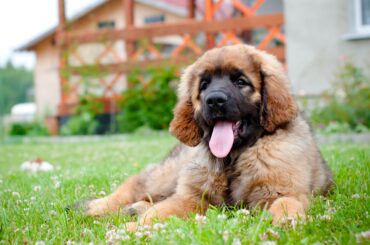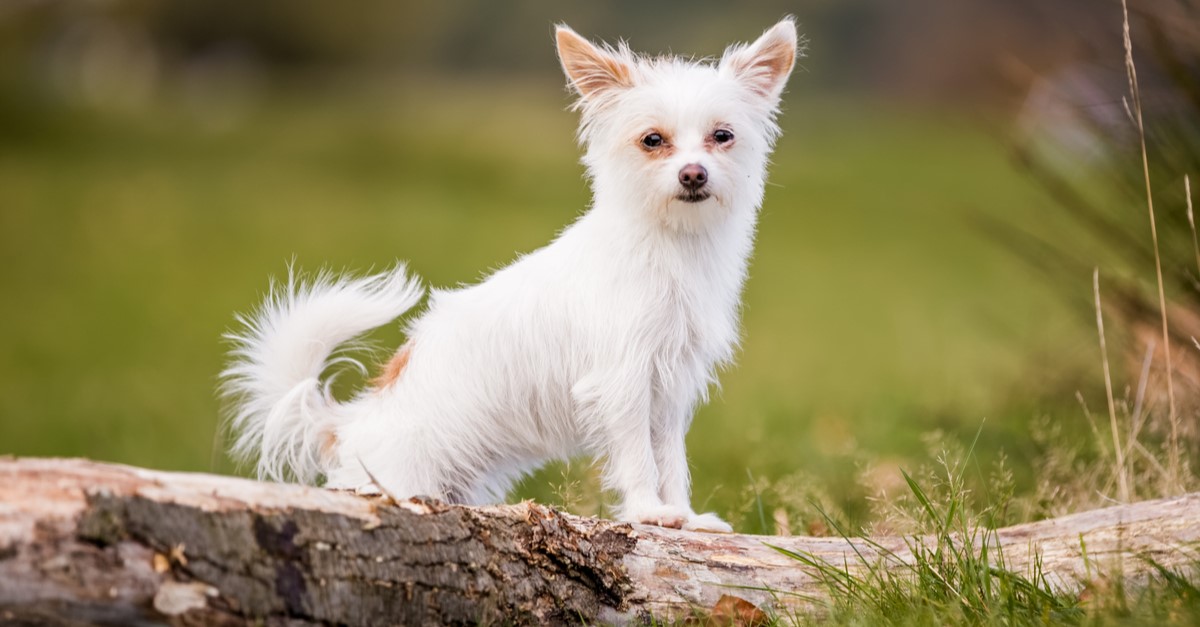German shepherd with other dogs are frequently regarded as one of the most suitable dog breeds for households. When it comes to interacting with other dogs, they are frequently regarded as one of the greatest breeds. They are really sociable and playful. They are obedient, protective, and wonderful companions. But how do they get along with other dogs?
Some dogs are quite friendly and get along well with other dogs, while others are more dominating or territorial and may not always get along with other pets. Many dogs thrive in their own company, but some thrive even more when they are accompanied by another canine companion. Dogs are social creatures by nature, and they prefer being in the company of other dogs.
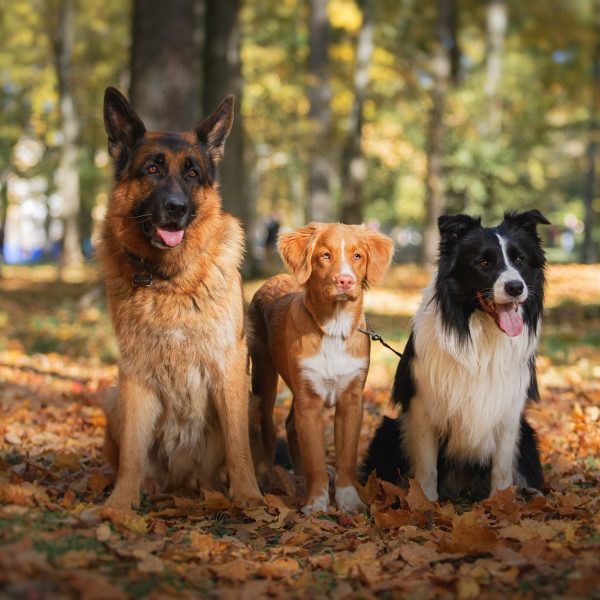
German shepherds are a breed that thrives in social situations. They thrive on company and will do best if there is another dog in the house with whom they can play. This will not only keep them happy and healthy, but it will also help them avoid any detrimental tendencies that may arise if they are left alone for too long.
German Shepherds get along well with other dogs; that is to say, German shepherds are good with other dogs, but you should always consider their personality and temperament before making any decisions. Your German Shepherd may be a wonderful addition to any family with the proper training. A confident, easygoing, and happy dog is one that has been well-socialized. Other dogs do not get along with the German shepherd breed and may attack them via German shepherd with other dogs.
However, if the dog is properly trained and socialized, this habit can be reduced. Before introducing another creature to your German shepherd, think about their behavior and temperament. This will assist you in creating an effective training and socialization plan for your German shepherd.
Table of Contents
What To Know Before Introducing German shepherd with other dogs
- When German shepherd are dealing with other dogs; German shepherds with other dogs, are inherently territorial and protective of their territory.
- When German Shepherd Dogs view another dog as a threat, the guarding and defensive urge is acting as armor.
- On the one hand, your German shepherd dog’s instinct to protect their territory and owners may cause them to behave as guardians for their households.
- It implies that your German shepherd may attack individuals or animals they perceive to be a threat to themselves or their family.
- When it comes to guarding food or things against other dogs, these traits can show in a territorial dog.
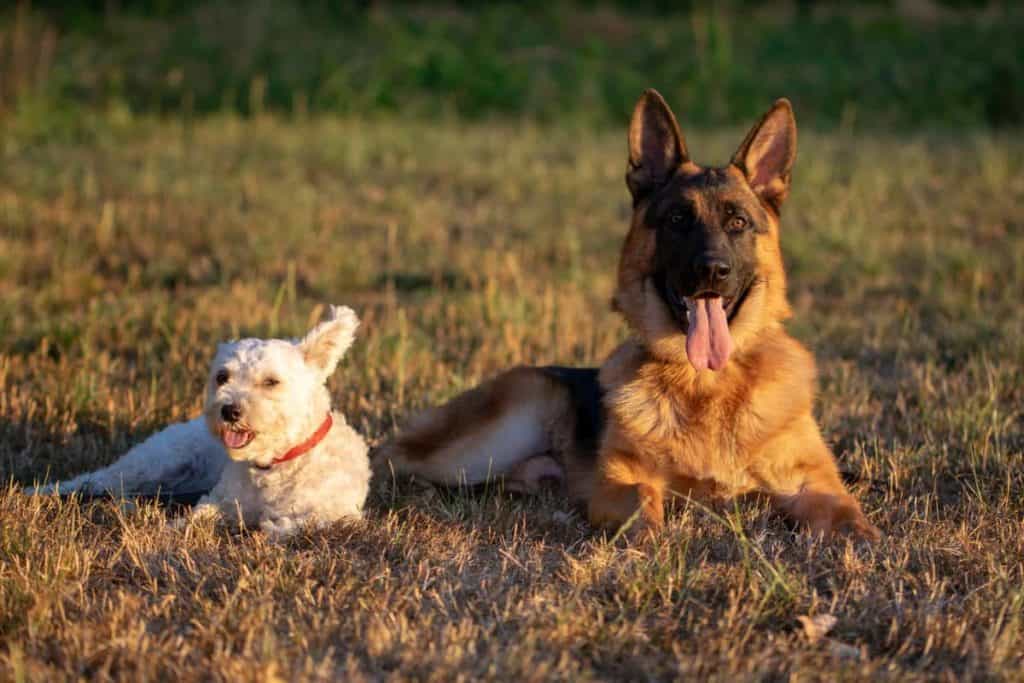
If your shepherd isn’t introduced to other dogs or animals on a regular basis, they may believe that other dogs are a threat to them. You may just take your German shepherd puppy to a dog park or another area where you can meet and socialize with other dogs and their owners to socialize them. It’s also a good idea to schedule regular playtime for your German shepherd with other friendly, well-socialized dog groups. While your German shepherd is the shy, reticent kind and meets an assertive breed of dog, such as at a park, they may be intimidated by their behavior and try to defend themselves in any way they can.
If you have a dominating German shepherd, it’s even more important to train them from a young age and teach them what is and isn’t acceptable behavior in your home so they know how to interact with other dogs. If a German shepherd is a natural-born leader or is more dominating than the other dogs, he or she may attempt to assert dominance by fighting another dog that confronts them, as for German shepherd with other dogs, its very good.
Your dog may become irritable and violent as a result of pain or disease, and it may decide to attack another animal when German shepherd with other dogs. If your German shepherd appears drowsy, for example, it’s conceivable that they’re suffering from a serious illness. If your German shepherd is stressed out among other dogs, he or she will become more aggressive in an effort to express them or let off steam. When a dog is bored, he will often try to communicate his dissatisfaction in any way he can, including acting aggressively.
German Shepherd with Other Dogs – Conclusion
Adult German shepherds who have never been exposed to various situations or other dogs are considerably more prone to react angrily to them than puppies who are still in the early stages of socialization. Socialization can begin as early as the puppy’s first few weeks. Take them to various locations and expose them to a wide range of stimuli so that they become accustomed to new settings and animals later in life.
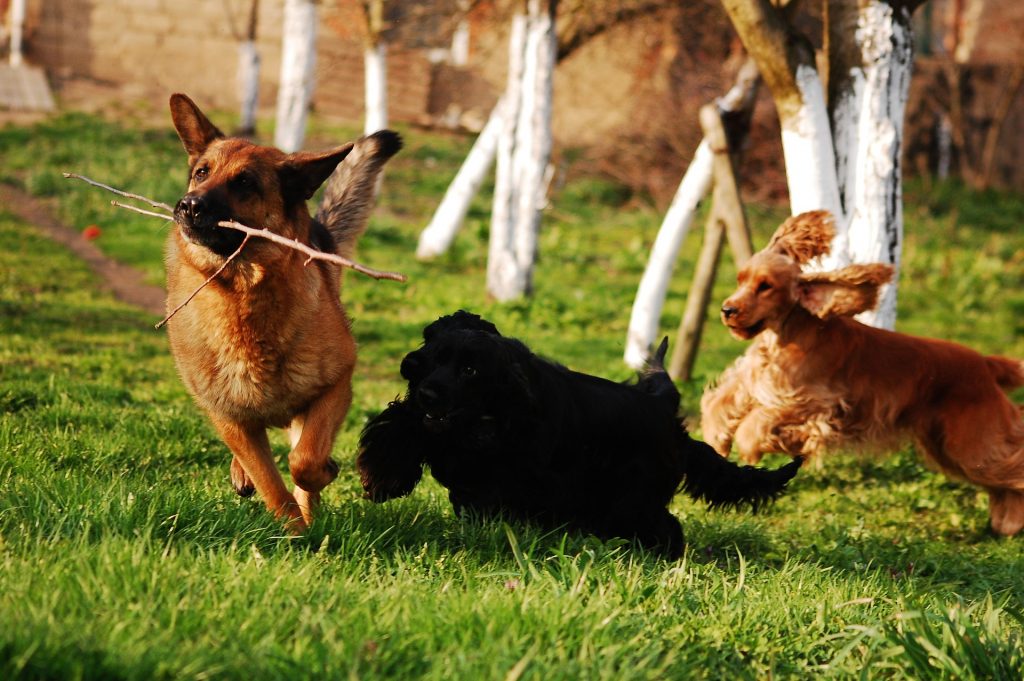
Teach them what is and is not acceptable behavior in the presence of others; German shepherd with other dogs. Maintain consistency in your discipline methods. Understand how to train your dog. When your dog isn’t acting aggressively, don’t yell or hit them, and don’t penalize them.
RECOMMENDED ARTICLES
- Canine Influenza (Dog Flu) – Causes, 8 Easy Symptoms And Treatment
- Destructive Behavior In Dogs – 7 Effective Causes, Symptoms And Treatment
- German Shepherd Mix Breed- How Good Are They?
- German Shepherd Mix Breed- 15 Unique Mix Breeds
If you like, please share it. Sharing is usually caring.

